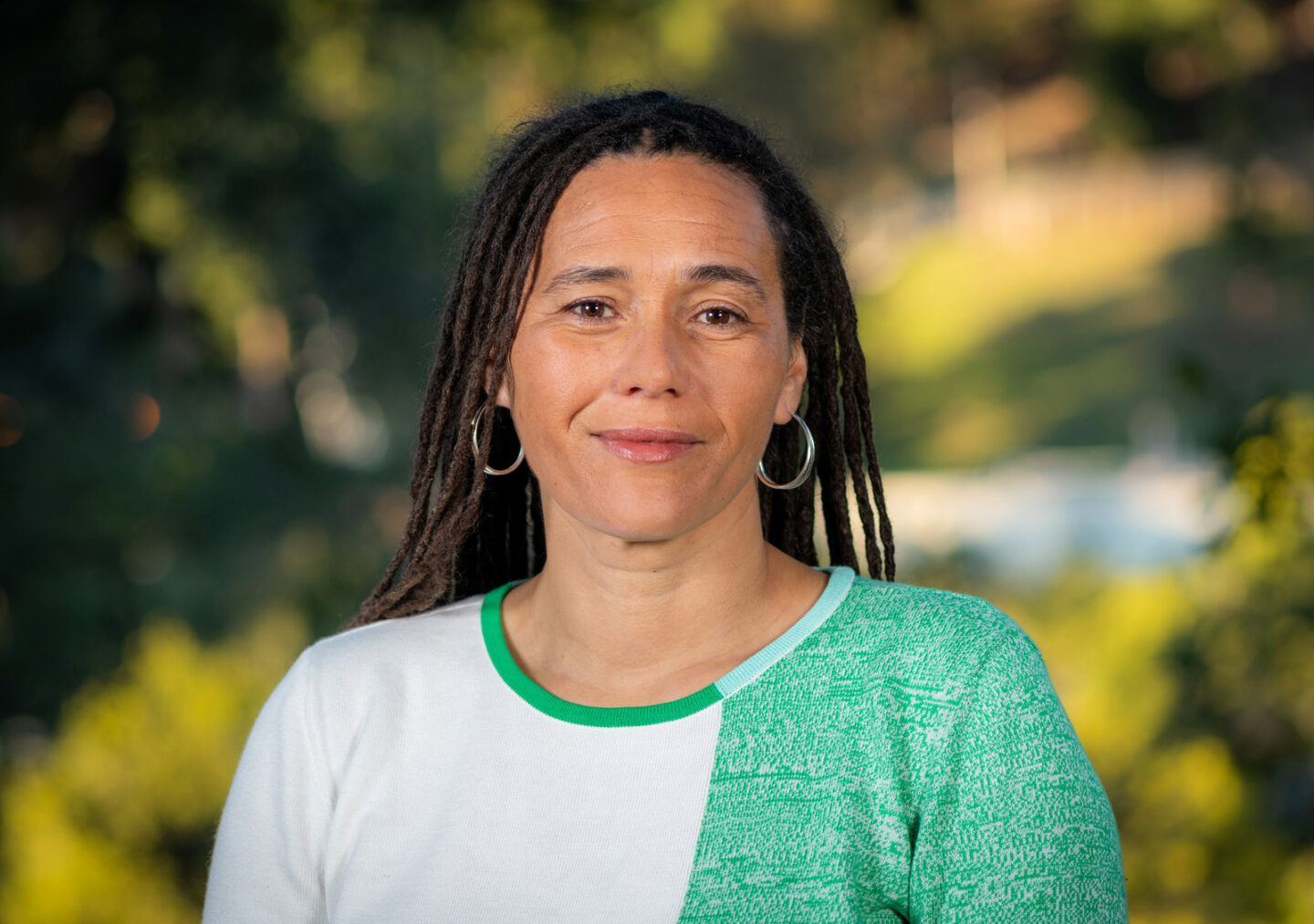Jessica Granderson, a senior scientist at Lawrence Berkeley National Laboratory (Berkeley Lab), has been named director of the Building Technology and Urban Systems (BTUS) Division in the Energy Technologies Area. Her appointment is effective immediately and follows an extensive international search.
“Jessica’s formidable experience of over 17 years at Berkeley Lab, her management skills, record of innovative research, and scientific vision position her exceptionally well to lead the BTUS Division,” said Mary Ann Piette, who previously held the position and is now Associate Lab Director for the Energy Technologies Area.
The BTUS Division at Berkeley Lab focuses on technologies and analysis for more efficient and healthy buildings, from homes to office towers to factories. With 200 staff and researchers, BTUS works to decarbonize and save money in building portfolios, create more effective heating and cooling strategies, promote efficient and healthy schools, and many other valuable efforts.
As the division’s interim director since October 2022, Granderson has been guiding the scientific direction at BTUS, including the development of new initiatives aligned with the evolving needs of building technologies and clean energy research. She is widely recognized for her contributions in this area as a researcher and an innovator, including an extensive publication record and unlocking the power of data to predict building energy use and demand, and to develop fault diagnostics for commercial building systems.
“I am honored to be selected to lead the Building Technology and Urban Systems Division,” Granderson said. “Over my career at the Lab, I have been inspired by the innovative research and problem solving skills that BTUS staff bring to the table. I look forward to continuing to build on the Division’s strong scientific foundation as we drive new solutions to decarbonize buildings and industry.”
Granderson joined Berkeley Lab as a postdoctoral research fellow in 2007 and was BTUS’ division deputy for research for 11 years. From 2021 to 2022, she held a year-long appointment at the White House Council on Environmental Quality, where she developed federal policy across agencies to reduce emissions from the U.S. buildings sector.
Granderson is an expert on energy management and information systems, which building owners and operators can use to make data-driven decisions on energy efficiency improvements. Under her leadership, the Smart Energy Analytics Campaign created the world’s biggest collection of data on the costs and benefits as well as the best practices of smart buildings software. The campaign helped drive approximately 4 trillion BTUs of annual energy savings – enough to power more than 44,000 U.S. households for a year.
She is the recipient of the 2020 Federal Laboratory Consortium Award for Excellence in Technology Transfer and a research leadership award in 2015 from the Clean Energy Education and Empowerment (C3E) Initiative. She is active in nurturing a diverse pipeline of talent, and cultivating new methods to incorporate equity and energy justice into the Division and Lab’s work.
“It is an extremely exciting time to be an applied researcher working towards the energy transition. We have a heightened collective ambition to deliver a clean and resilient future that is accessible to all, and our buildings and industrial facilities are front and center in that mission,” Granderson said.
###
Lawrence Berkeley National Laboratory (Berkeley Lab) is committed to delivering solutions for humankind through research in clean energy, a healthy planet, and discovery science. Founded in 1931 on the belief that the biggest problems are best addressed by teams, Berkeley Lab and its scientists have been recognized with 16 Nobel Prizes. Researchers from around the world rely on the Lab’s world-class scientific facilities for their own pioneering research. Berkeley Lab is a multiprogram national laboratory managed by the University of California for the U.S. Department of Energy’s Office of Science.
DOE’s Office of Science is the single largest supporter of basic research in the physical sciences in the United States, and is working to address some of the most pressing challenges of our time. For more information, please visit energy.gov/science.
